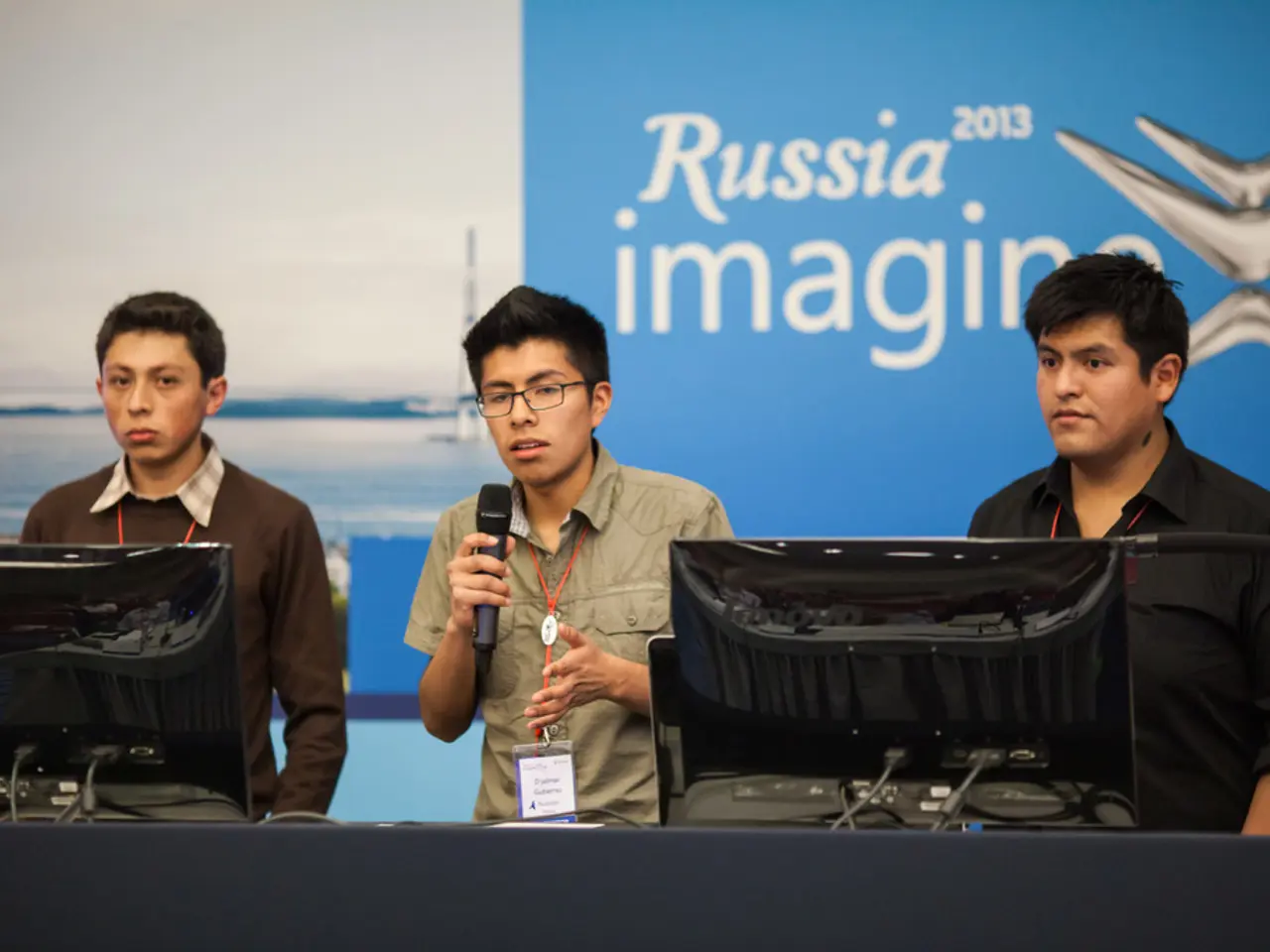Russia and China Challenging Trump's Authority: Reshaping a New Global System
In the midst of the ongoing Russia-Ukraine conflict, China has emerged as a crucial economic partner for Russia. Bilateral trade between the two nations surged to an impressive $244.8 billion in 2024, a significant increase driven by Western sanctions and wartime demand.
Beyond oil and energy commodities, China supplies Russia with cars, semiconductors, and consumer goods. This diversification of trade has been instrumental in Russia's efforts to reduce its economic dependence on the West.
The energy sector plays a pivotal role in Russia's realignment with China. China has become Russia's biggest customer for crude oil, buying nearly half of Russia's oil exports. This shift has been facilitated by the de-dollarization trend, where over 90% of transactions between China and Russia are now settled in rubles and yuan, bypassing Western financial systems.
The de-dollarization trend is a response to the intensified sanctions by the Office of Foreign Assets Control (OFAC) on over 400 individuals and entities in 17 different jurisdictions. This shift creates a new financial battleground in the Global South, where Beijing and Moscow can promote non-dollar settlements in trade.
Europe, on the other hand, has reduced its dependence on Russia for energy. The destruction of Nordstream pipelines and deals with alternate suppliers have contributed to this shift. As a result, it seems unlikely for Russia to regain dominance in Europe's energy supply.
Meanwhile, the energy markets are witnessing a rise of parallel energy spheres due to the establishment of Cold War-esque trading blocs. The dollar's dominance in the energy trade ecosystem is being undermined, with China and Russia increasingly settling trade in Yuan and Rubles.
The war in Ukraine, however, continues unabated. Putin is pressing for further military gains, defying Trump's deadlines for peace talks. Peace talks between Russia, Ukraine, the US, and Europe are stalled or dead.
In conclusion, China's growing economic ties with Russia during the Russia-Ukraine conflict have significant implications for global energy markets. The de-dollarization trend and the establishment of new trading blocs are reshaping the global economic landscape.
Special thanks to Artem (Tom) Valyaev Kunisky for his contributions to this article.
Read also:
- Lu Shiow-yen's Challenging Position as Chair of the Chinese Nationalist Party (KMT) Under Scrutiny in Donovan's Analysis
- Central Taiwan Discourse: Disputed Native History Claims by PRC
- Jaipur's Amer Fort experiences a 200-foot section collapse during heavy rainfall, but fortunately, no casualties are reported.
- School mandates for vaccinations in Florida are being terminated, opening a question about whether other states will adopt a similar approach.








